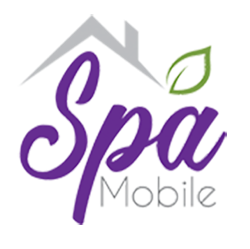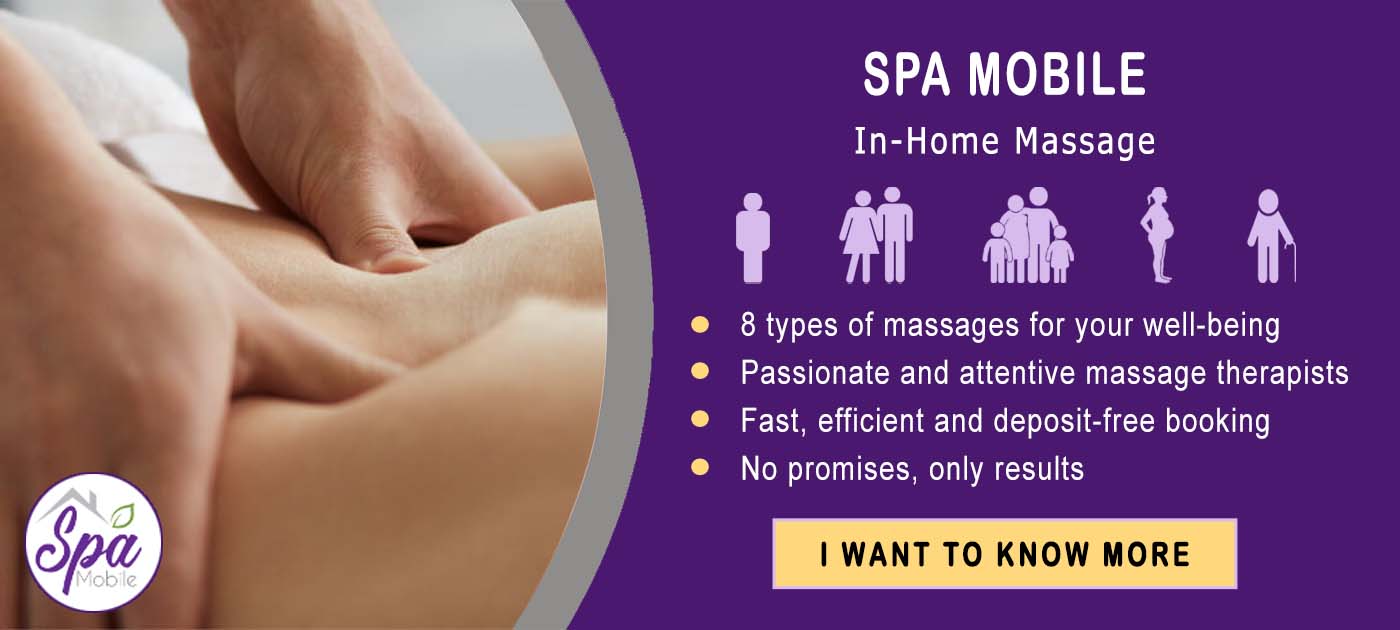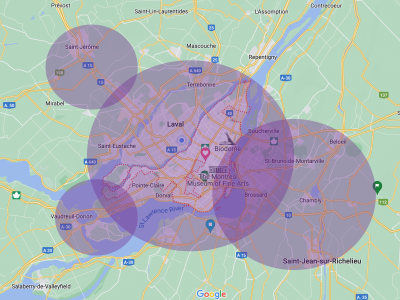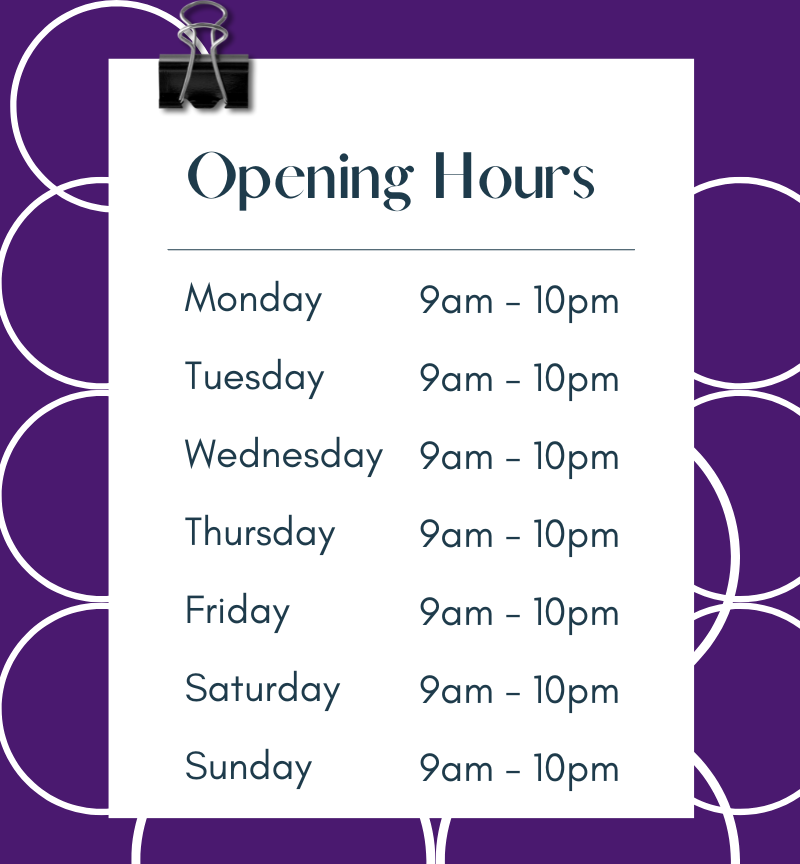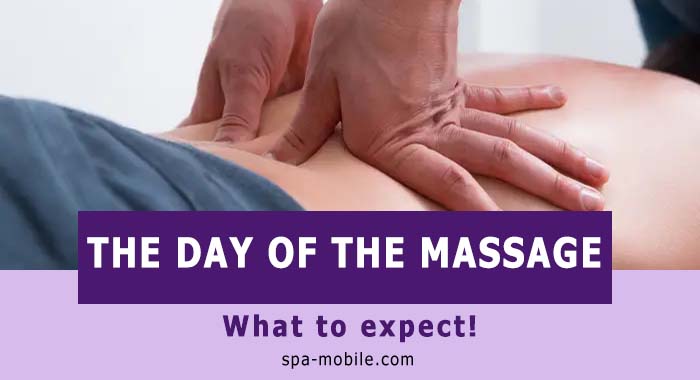Of course, the massages are excellent! But let’s be a little more specific!
What type of massage brings you pleasant and beneficial sensations?
There are many types of massage, and they are all very different.
Are you looking for something a little painful (in a good way), like a deep tissue massage?
Or would you prefer a massage that’s more restorative and more suited to your training or lifestyle, like a sports massage?
Or a relaxing massage to free you from your daily stress?
You would probably like to get a Swedish massage, which most spas offer, because it is the best of both worlds or maybe something you have never tried before, like an Ayurvedic or Indian massage.
What is abhyanga or Ayurvedic massage?
The Ayurvedic practice of abhyanga, or oil massage, touts physical benefits like releasing muscle tension, lymphatic drainage, and more nourished skin from head to toe.
It is distinguished from other massages by its focus on the skin rather than the underlying muscles, using oils with circulation-boosting movements. In fact, it is a facial massage for the whole body.
The massage therapist’s primary focus is relaxation;, in India,, the practice is deeply tied to self-care.
What to expect in an Ayurvedic massage?
You haven’t experienced a massage until you’ve had an Ayurvedic or Abhyanga massage.
This type of massage therapy, which originated in India, is a holistic approach to deep, nourishing, and relaxing healing.
Using warm oils infused with medicinal herbs tailored to each person’s needs, the massage therapist gently massages the entire body to nourish cells, tissues and energy channels.
This method helps you maintain your current health, prevent future illnesses, and bring you a happier and healthier life. If you’re curious about the whole practice, here’s what you can expect from Ayurvedic massage.
Before the Ayurvedic massage
Before your Ayurvedic massage begins, you spend approximately 15 minutes consulting with your massage therapist, discussing your health, lifestyle and current needs.
At this time, your massage therapist assesses your Ayurvedic body type and chooses the organic oils and herbs that will balance your body. She then begins to heat the oils to prepare them for application. The oils used are generally based on coconut or sesame.
Before the session, you can also discuss your allergies to certain oils and any particular pains or ailments. If you feel uncomfortable removing your clothes or exposing certain parts of your body, you can talk about it before starting.
During the session, only the massaged parts of the body are exposed. The rest of your body is covered and kept warm with soft sheets, blankets or towels.
During the Ayurvedic massage
At the start of the massage, you lie down on a comfortable table, and the massage therapist begins to rub warm, aromatic herbal oils all over your body, including your hair. These Ayurvedic oils penetrate deep into your skin, allowing them to carry their healing properties directly to your cells, which boosts your immune system.
To eliminate toxins, relax the nervous system and help you rest and rejuvenate, the massage therapist uses various techniques with her hands. These include potent strokes to release tension, gentle strokes to loosen knots, and light kneading and pinching to invite more smoothness into your skin.
To increase efficiency, the massage therapist synchronizes her breathing to match the technique she is using. This whole process usually takes between 60 and 90 minutes.
After the Ayurvedic massage
Once your full-body massage is complete, you can relax until you feel ready to get up again. Then, you can take a slow shower to remove the oil.
Then, your massage therapist will provide personalized advice regarding diet, exercise, nasal sprays, herbal remedies, sleep, meditation, and yoga to help you lead a more balanced life.
In order to fully integrate all the benefits of your Ayurvedic massage, it is recommended that you do relaxing, low-energy activities after your massage, such as spending time at the spa, having a quiet meal, or taking a slow walk in nature.
The relaxation and the integration of the advice of your massage therapist allow you to maintain this state of well-being as long as you wish.
